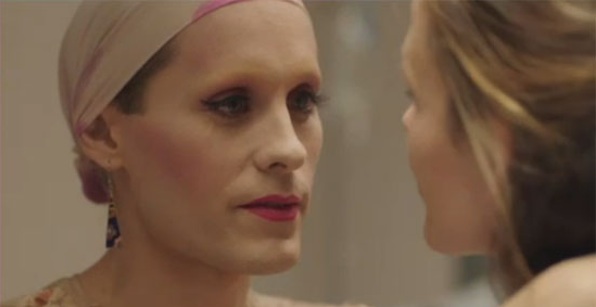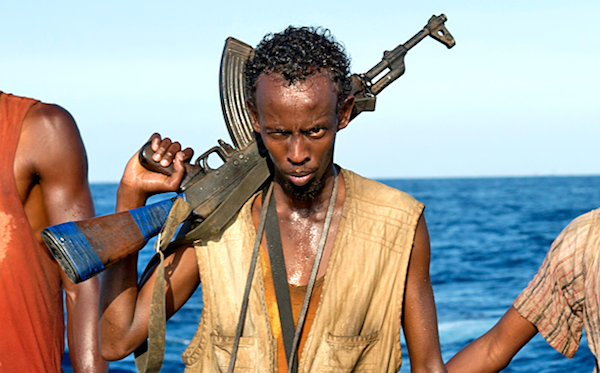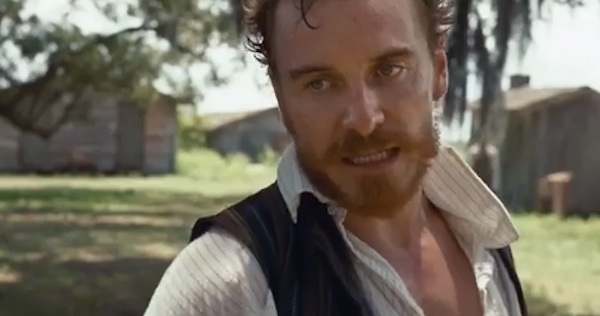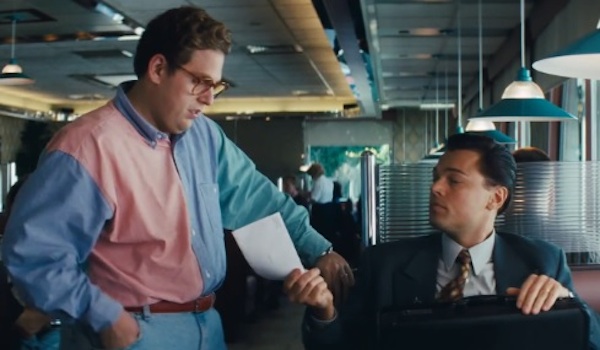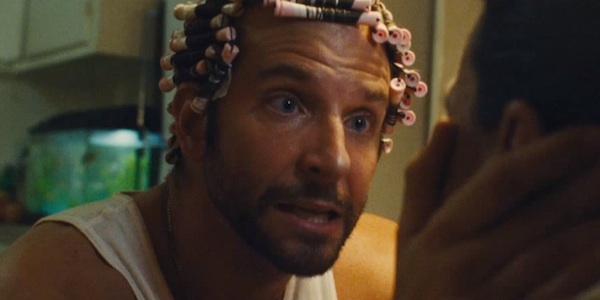[This is the first entry in “Video Evidence,” a series of video essays championing the most deserving Oscar nominees. For the full list of video essays, see the Oscar index main page.]
Jared Leto, Dallas Buyers Club
Total screen time: 21 minutes (19%of film screen time)
Leto is the clear favorite to win: he’s swept most of the early awards for his role as Rayon, a transgender AIDS patient. But if you really look at this performance, it reveals itself as the least deserving of an Oscar. Leto has less screen time (nineteen minutes) than anyone else in this category, but more importantly, his performance is the least inspired: basically he dresses in drag and stands around as a cute and harmless sidekick for Matthew McConaughey’s character to learn about sexual tolerance. Once upon a time, straight actors playing gay was considered edgy, but in 2014, Leto’s performance amounts to a bunch of polite cliches on what it means to be queer. It’s such a conventional depiction of a transgender person, that you have to wonder what a real trans performer could have brought to the role.
Barkhad Abdi, Captain Phillips
Total screen time: 32 minutes (25% of screen time)
That point of authenticity of background and what it brings to a role is made all the more valid when you look at Abdi, who plays the Somali pirate Muse in Captain Phillips. Just like Leto, Abdi has to deal with a role that’s littered with stereotypes. First he’s a conniving pirate and a dark-skinned menace; later, he’s a naive and helpless third world victim. This duality reflects the contradictions of how Hollywood looks at Africans, but Abdi is able to make it work because, ironically, he doesn’t play up the part. Abdi has a flat, non-actorly approach that is refreshing and gives his antagonist an unexpected dignity. He stands apart from the stereotypes and in doing so makes his character feel more real.
Michael Fassbender, 12 Years a Slave
Total screen time: 30 minutes (24% percent of screen time)
As formidable an actor as Fassbender is, here he plays a fairly one-dimensional villain that doesn’t really do anything you don’t already expect of a sadistic slave owner. But to his credit, Fassbender fully invests himself in this monstrosity, literally throwing his whole body into it. It’s a physically imposing performance, but the key drawback to this strategy is that it doesn’t fully convey what might be inside: the male insecurity and racist paranoia behind his cruelty. The performance rarely rises above caricature.
Jonah Hill, The Wolf of Wall Street
Total screen time: 37 minutes (22% of screen time)
Hill might embody the closest thing to a soul inside The Wolf of Wall Street. No doubt he does his fair share of scene-stealing in this three-hour orgy of excess, with his drug-taking, goldfish-eating and penis-exposing hijinks. But there’s also a surprising amount of delicate acting that gives his character pathos, a sense of desperation in wanting to belong among the gods of finance and escape the pathetic loser that he might really be.
Bradley Cooper, American Hustle
Total screen time: 41 minutes (32% of screen time)
There’s definitely a case for Jonah Hill or Barkhad Abdi as best supporting actor, but ultimately I have to go with Bradley Cooper in American Hustle. Maybe I’m swayed because he has the most screentime and has the most to do among the contenders, but the point of the matter is that he delivers a performance that’s remarkably complex even when it’s bouncing off the walls. As FBI agent Richie DiMaso, Cooper has a tricky assignment: playing a character who acts like he’s in control while constantly at risk of losing it. It’s as if the two sides of his brain are fighting for the steering wheel, driving his performance in crazy directions. One scene in particular shows Cooper acting out these joyride thinking patterns. As Richie tries to turn a lady crook into his informant, Cooper is able to convey his character’s intelligence and assertiveness, but also a recklessness that’s both dangerous and irresistible to him.
If you isolate Cooper from the rest of the film, you’ll find a dynamic performance that’s as tragic as it is funny: a hard-driving but fragile egotist who got in way over his head and fell while reaching for the sun. He is Icarus with a bad perm.
Kevin B. Lee is a filmmaker, critic, video essayist and founding editor of Keyframe. He tweets as @alsolikelife.

